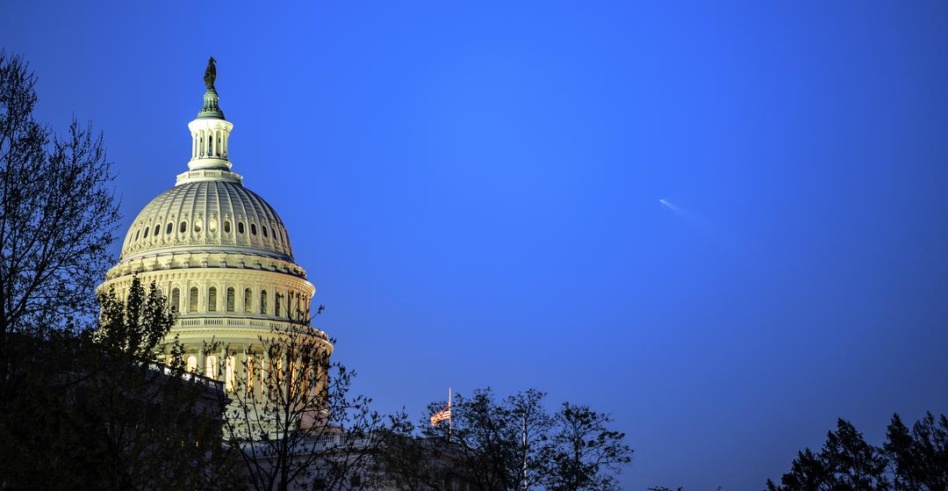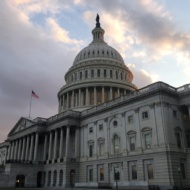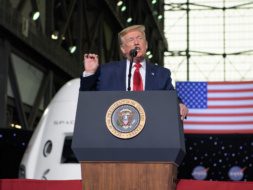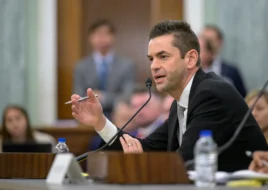Outside of a few hubs, space policymakers rarely have technical expertise to rely on when crafting rules that will guide the industry—and engineers creating the next wave of space tech rarely think about how their systems will be governed.
A new professorship at the University of Colorado Boulder aims to bridge the gap between space engineering, business, and law, by emphasizing the importance of space governance to the whole industry.
More details: The Hatfield Endowed Professorship in Space Policy & Law was established thanks to a $2.5M donation by husband and wife Dale and Patricia Hatfield. Now an executive fellow at CU Boulder’s Silicon Flatirons Center for Law, Technology, and Entrepreneurship, Dale Hatfield previously worked at the FCC— including as the agency’s chief technologist.
In that role, he told Payload he realized the best way to solve hard problems is with an interdisciplinary approach. That’s why the professorship will rotate every two years between the College of Engineering & Applied Science, the Leeds School of Business, and the Silicon Flatirons Center.
“Universities tend to have silos, where the engineering department doesn’t talk to the people in the law school or the people in the business school,” he said. With the way the professorship is structured, “you build up a cadre of people who naturally interact with each other, then that leads to interdisciplinary approaches to problem solving.”
The first: The inaugural person to hold the professorship is Marcus Holzinger, who works in the College of Engineering & Applied Science and specializes in astrodynamics. Some of his top goals for his two years in the role include:
- Ensuring policymakers have the information they need to make sound decisions on civil space traffic management;
- Developing tools for policymakers to understand the most important regions of space, when it comes to orbital mechanics;
- Sharing the benefits of humanity’s exploration of space, for scientific and economic missions.
The how: Holzinger isn’t wasting any time. He said he’s already made some visits to DC, primarily to speak with DoD officials. But beyond sharing what he thinks policymakers should know, he also said he is eager to learn what officials need.
“It’s like coming in with a hammer and asking people if they have any nails,” he said. “The other half of it is really understanding the headspace of decision-makers, and what decisions they think they need to make.”




